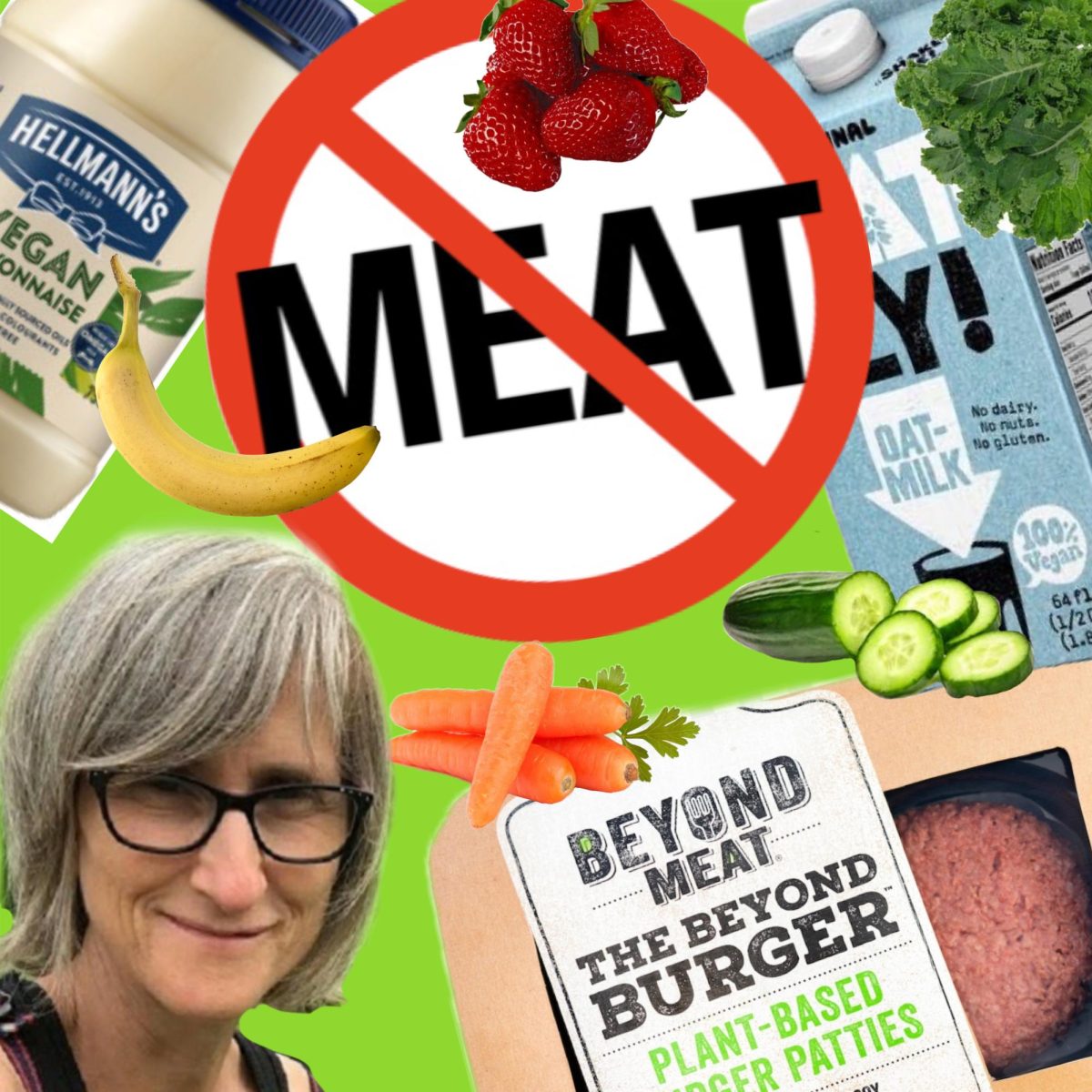While the internet may drown in the kale smoothie recipes and fruitful ingredients, it’s time to step out of the plant-based pantry. We must start investigating the suspicious chemicals lurking within the good old “plant-based” meat and how veganism, although a healthy dietary choice when properly planned, still has its potential risks.
The popularity of veganism has soared in recent years, with more and more individuals jumping towards a plant-based lifestyle. Veganism, which involves the complete avoidance of all animal products and by-products, is often urged as a way to reduce animal harm and to avoid numerous diseases affecting the liver, and heart. Several studies have shown a correlation between a vegan diet and improved health outcomes. But, there are still plenty of risks that lurk if the diet is carried out irresponsibly.
As we should all know, proteins are the building blocks of life; they play a crucial role in the growth, repair, and maintenance of tissues in the body. It’s the reason people guzzle protein drinks before working out and eat eggs in the morning for breakfast.
While it is possible to obtain some protein from plant-based sources, vegans often consume less total protein than those following other diet patterns. The proteins plants produce are less digestible compared to the protein you would find in meat. This type of protein is considered an “incomplete protein” because it doesn’t have all 9 amino acids you would get from a “complete protein,” originating from animal sources.
Vitamin B12 is primarily found in animal products. As such it is important for the proper function of the body’s metabolism, nerve function, DNA synthesis, and formation of red blood cells. Vegans are at a high risk of vitamin B12 deficiency due to the lack of dietary sources. Low vitamin B12 intake can lead to neurologic, hematologic issues, and other serious consequences.
“When it comes to a vegan diet, if it is not well-planned, one may be at increased risk of lacking certain nutrients such as vitamin B12, iron, protein, calcium, and omega-3 fatty acids,” said a registered dietitian. “Without adequate intake of these nutrients, you can be at higher risk for complications such as anemia, weakness, and muscle loss among other acute and chronic conditions.”
The dietitian does state that there are many benefits when it comes to the vegan diet. It’s rich in fruits, vegetables, and plant-based proteins and can decrease the risk of other chronic conditions, such as atherosclerosis (hardening of arteries), type 2 diabetes, hypertension, and even certain cancers.
There are benefits when it comes to eating plant-based meals; however, there are still risks when it comes to eating certain foods originating from plants.
When we turn our attention to the more processed side of plant-based diets, she considers some of these newer burgers that are designed to taste like beef burgers aren’t much more nutritious than meat because there are a lot of added oils and sodium in the product. “They are fine to eat in moderation, but oftentimes when someone starts going vegan or vegetarian, they will just swap out animal proteins for these faux meats,” she said.
There are plenty of controversial chemicals found in most of these vegan meats. For example, carrageenan, derived from seaweed, is primarily used as a binder to help the thickening, gelation, and textural properties of the meats. Some studies show that carrageenan can cause inflammation and might cause colon cancer. “Tertiary butylhydroquinone,” also just TBHQ, has been considered safe to use since 1972 by the FDA, but there’s a study that may suggest it causes vision disturbances. The chemical is used to prevent discoloration in processed foods. “Erythrosine,” best known as Red #3, is a pink dye primarily used for food coloring. The FDA had banned this chemical cosmetic product but allowed it to be processed in with food. There have been studies that link this chemical to being harmful to children’s neurobehavioral health.
Now, how are we getting all the vegetables to produce plant-based foods? To meet the growing demand for plant-based foods, there may be an increase in the cultivation of crops like soybeans, corn, and wheat. Large-scale agriculture often involves deforestation of land and displacement of wildlife. Yikes.
Honestly, it’s better not to mimic meat at all. “It’s so easy to mash black beans, blend with oats/flax seeds, throw in some herbs, and season to taste!” the dietitian explains.
If you ever wonder about getting started with a vegan diet, it’s best to work with a registered and licensed dietitian and be open to easing into veganism. “Maybe try ‘meatless Mondays’ and follow a vegan diet for one day a week.” The dietitian also recommends following a “flexitarian” diet, a flexible vegetarian diet for people interested in trying a few vegan or vegetarian meals a week.
Irresponsible Veganism Can Still Hurt Your Health and the Environment
Opinion
Story continues below advertisement
3
9
More to Discover
About the Contributors

Tyler Pierre, Business Editor
The Business Man, The Scarface, The uncrowned prince of Norristown, the one & only… Tyler Pierre. A man who writes poetry, and a man who speaks in philosophies. “Tomorrow starts today” – T. Pierre

Hope Rose Mauch, Editor-in-Chief
Hope Rose Mauch, a junior at Norristown, has been writing for the Wingspan since their freshman year, and this is their second year as the editor-in-chief. Along with writing for the paper, Hope is a cheerleader for the school.









Mrs. Brewster • Oct 14, 2023 at 10:45 am
Great article Tyler!
Jodi • Oct 13, 2023 at 8:07 am
I have been vegetarian for years but appreciate this article. It’s hard to keep in mind a healthy balance of fruits/veggies and proteins. I also take a plethora of vitamins which can be time consuming with a busy schedule. Thanks for the article!
Dr. Kirker • Oct 13, 2023 at 8:05 am
This is such an important and well written article. Bravo, Tyler!